Home>Dining>Events & Etiquette>What To Bring To A French Dinner Invitation
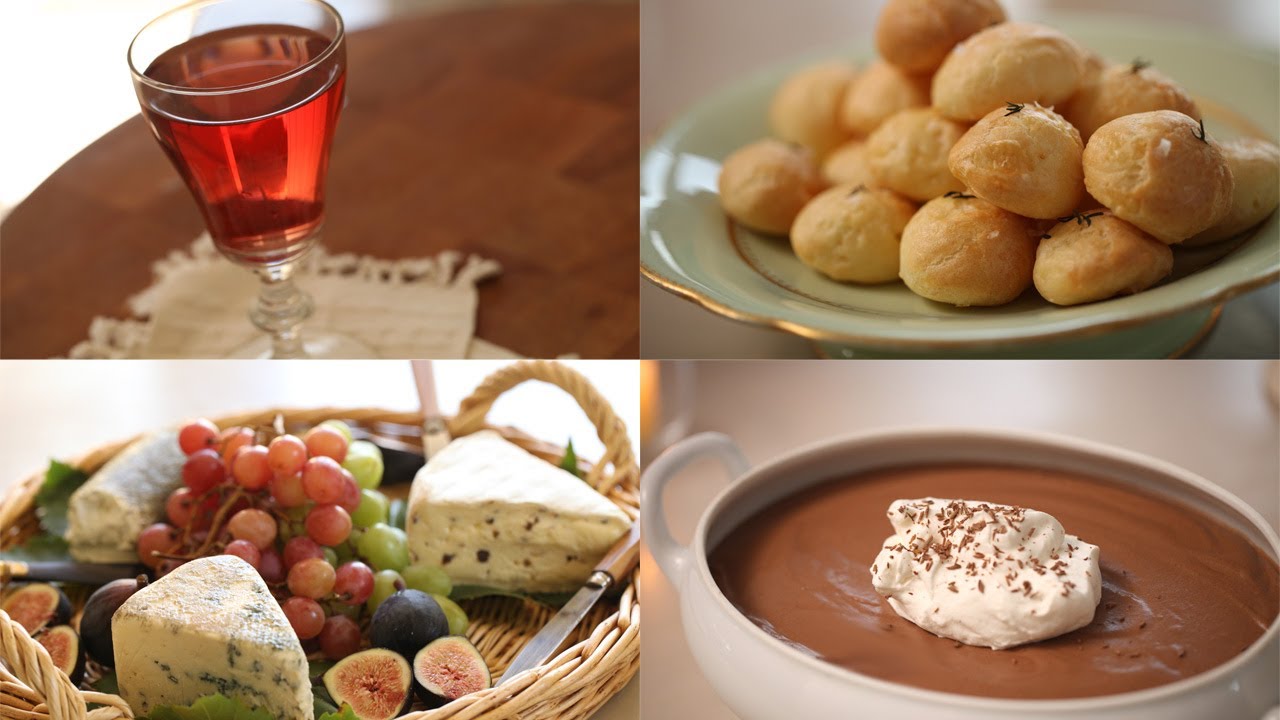

Events & Etiquette
What To Bring To A French Dinner Invitation
Modified: January 5, 2024
Discover the essential items to bring to a French dinner invitation. Uncover event and etiquette tips to ensure a memorable evening.
(Many of the links in this article redirect to a specific reviewed product. Your purchase of these products through affiliate links helps to generate commission for Storables.com, at no extra cost. Learn more)
Introduction
Attending a French dinner invitation is not just about enjoying delicious food and good company; it is also an opportunity to immerse yourself in the rich culture and traditions of France. These gatherings often adhere to specific etiquette and expectations, and being well-prepared can ensure you make a lasting impression.
Whether you are a seasoned guest or attending your first French dinner invitation, understanding what to bring is crucial. In this article, we will highlight the essentials that you should consider when attending a French dinner invitation. From wine to attire to good manners, we will cover it all to help you navigate the social norms and enhance your dining experience.
By following these guidelines, you will not only show your appreciation for the host’s hospitality but also demonstrate your respect for French customs. So, let’s dive in and discover what you should bring to a French dinner invitation!
Key Takeaways:
- Embrace French culture by bringing a thoughtful gift, dressing stylishly, and practicing good manners at a dinner invitation. Show appreciation and contribute to a memorable dining experience.
- Show respect and appreciation at a French dinner by bringing wine, cheese, and dessert, dressing appropriately, and following etiquette. Enhance the ambiance and create lasting memories.
Read more: What To Bring For A Dinner Invitation
Essentials for a French Dinner Invitation
When you receive an invitation to a French dinner, it’s important to come prepared with the essentials that will contribute to the overall experience. Here are the key items you should consider bringing:
1. A bottle of wine: In France, wine is an integral part of the culture and is often served during meals. To show appreciation for the host’s efforts, it is customary to bring a bottle of wine as a gift. Choose a quality wine from a reputable region, such as Bordeaux or Burgundy, that complements the cuisine being served. If you’re unsure about wine pairings, consult with a sommelier or do some research beforehand.
2. Cheese and charcuterie: France is renowned for its exquisite cheeses and cured meats. Bringing a selection of high-quality cheese and charcuterie is not only a delicious contribution to the meal but also a gesture of sharing and indulgence. Opt for a variety of cheese types, such as Brie, Camembert, and Roquefort, along with some cured sausages and pâté.
3. Bread or baguette: Bread is a staple in French cuisine, and no meal is complete without a baguette or some freshly baked bread. Consider stopping by a local bakery on your way to the dinner to pick up a freshly baked baguette. This simple addition will be greatly appreciated, as it is expected to have bread on the table during a French meal.
4. Dessert or pastries: French pastries and desserts are renowned for their delicate flavors and exquisite presentation. Bringing a homemade dessert or some pastries from a reputable bakery is a thoughtful and sweet gesture. Classic options like macarons, tarte Tatin, or crème brûlée are always a hit. If you’re not confident in your baking skills, don’t hesitate to visit a patisserie and select a delectable treat.
5. Flowers or a small gift: While it is not mandatory, bringing a small gift or bouquet of flowers is a common practice in France. A bouquet of flowers can brighten up the host’s home and show your gratitude for their invitation. Alternatively, a small gift, such as a box of chocolates or a specialty item from your region, can also be well-received.
6. Appropriate attire: Dressing appropriately for a French dinner invitation is essential to respect the occasion and the host. Aim for a stylish and polished look, choosing smart casual or semi-formal attire. Men can opt for trousers and a button-down shirt, while women can wear a dress or elegant separates. It’s always better to be slightly overdressed than underdressed for such occasions.
7. Good manners and etiquette: Finally, one of the most important essentials for a French dinner invitation is displaying good manners and following etiquette guidelines, including how to set your table appropriately. Familiarize yourself with basic French dining customs, such as waiting for the host to start eating, keeping your hands on the table but not elbows, and using utensils properly. Additionally, setting your table in the French style can add an authentic touch to the evening. It is also customary to offer a sincere “merci” (thank you) to the host at the end of the meal.
By bringing these essentials and adhering to good manners and etiquette, you will show your appreciation for the invitation and contribute to the overall success of the dinner.
A bottle of wine
When attending a French dinner invitation, it is customary and considered polite to bring a bottle of wine as a gift for the host. Wine holds great significance in French culture and is often seen as a symbol of celebration, enjoyment, and conviviality.
Choosing the right bottle of wine can make a significant impact on your dining experience. Here are a few tips to help you select the perfect wine for the occasion:
1. Consider the occasion: Think about the style and formality of the event. Is it a casual gathering among friends or a more formal dinner party? This will guide you in determining the appropriate type of wine to bring.
2. Pairing with the meal: Take into consideration the menu for the evening. French cuisine is diverse and can vary from region to region. Research the traditional wine pairings for the specific dishes being served. For instance, a red wine like Cabernet Sauvignon or Merlot pairs well with red meat, while a crisp white wine like Chardonnay or Sauvignon Blanc complements seafood or poultry.
3. Regional wines: France is renowned for its diverse wine regions, each with its unique characteristics and flavors. Consider selecting a bottle of wine from a specific region to showcase the local terroir. For example, a Burgundy Pinot Noir or a Bordeaux blend are excellent choices.
4. Quality over quantity: Opt for a high-quality wine that reflects your appreciation for the host and the occasion. A well-crafted bottle with complex flavors and aromas will be highly valued. Take the time to explore different wineries, read reviews, and seek recommendations from knowledgeable sources if you are unsure.
5. Personal touch: If you have personal knowledge or a story associated with the wine you choose, share it with the host. This can create a memorable moment and spark engaging conversations during the evening.
Remember, it is essential to wrap the bottle with care to present it as a thoughtful gift. You can use a wine bag or opt for more elaborate presentation options like a wine gift box.
By bringing a bottle of wine, you not only show appreciation for the host’s hospitality, but you also contribute to the warmth and enjoyment of the gathering. Sharing and savoring wine together is an integral part of French culture, and your gesture will be appreciated by all present. Cheers to a delightful evening of good food, good company, and good wine!
Cheese and Charcuterie
When attending a French dinner invitation, one of the most appreciated contributions you can make is bringing a selection of cheese and charcuterie. These savory delights are at the heart of French gastronomy and are often enjoyed as appetizers or as part of a cheese course during the meal.
Here are some key points to consider when selecting cheese and charcuterie for a French dinner:
1. Quality over quantity: Opt for a smaller, carefully curated assortment of fine cheeses and charcuterie rather than an overwhelming quantity. Focus on selecting high-quality products that showcase different flavors, textures, and styles.
2. Variety and balance: Aim for a diverse selection that encompasses a range of cheese types, such as soft, semi-soft, and hard cheeses. This can include favorites like Brie, Camembert, Comté, and Roquefort. Similarly, choose a variety of charcuterie options, such as cured sausages, pâté, and cured ham, to offer a balanced assortment.
3. Consider the season: Take into account the seasonality of certain cheeses and charcuterie. Some varieties may be more readily available or better suited to specific times of the year. For example, fresh goat cheese pairs well with summer flavors, while heartier and aged cheeses are perfect for the colder months.
4. Local and regional specialties: If you have access to a specialty cheese shop or a gourmet market, consider selecting local or regional cheeses and charcuterie. This can be an excellent opportunity to showcase lesser-known gems, supporting local producers and introducing new flavors to the table.
5. Accompaniments: Alongside the cheese and charcuterie, you might also consider bringing some accompaniments. This could include fresh grapes, dried fruits, crusty bread, and a selection of condiments such as mustard, honey, or chutney. These additions will enhance the overall experience and provide guests with a variety of flavor combinations.
When presenting the cheese and charcuterie, it is important to keep them properly chilled until ready to serve. Ensure that they are arranged attractively on a cheese board or a platter, allowing guests to sample and savor at their leisure.
Bringing a selection of cheese and charcuterie not only adds a delicious and sophisticated touch to the dinner, but it also demonstrates your appreciation for French culinary traditions. Sharing these delectable treats with the host and other guests will undoubtedly enhance the overall enjoyment and create lasting memories. So, embrace the art of indulgence and bring a taste of authentic French gastronomy to the table!
Bread or Baguette
In France, bread is more than just a side dish – it’s an integral part of the meal. No French dinner invitation is complete without a hearty loaf of bread or a fresh baguette. The French take great pride in their bread, and bringing a loaf to the dinner is not only customary but greatly appreciated.
Here’s why bread is so essential and how to choose the perfect one for your French dinner invitation:
1. Symbol of tradition: Bread holds a significant place in French culture as a symbol of tradition, community, and sustenance. Sharing bread during a meal represents unity and camaraderie, making it an essential component of any French dinner.
2. Taste and texture: French bread is known for its unmistakable taste and texture. The classic baguette, with its crispy crust and soft, chewy interior, is a staple choice. Alternatively, you can opt for other traditional bread varieties, such as pain de campagne (country bread) or brioche, depending on your personal preference and the theme of the dinner.
3. Sourcing the bread: Finding a quality bakery or “boulangerie” is key to acquiring the perfect loaf. Look for a bakery that specializes in artisanal bread, preferably one that bakes it fresh daily. If possible, ask locals or friends for recommendations to ensure you’re getting an authentic and delicious loaf.
4. Timing is crucial: Plan to pick up the bread as close to the dinner time as possible to ensure its freshness. In France, it’s common to see people walking home from the bakery with their baguette in hand, still warm from the oven. The aroma and taste of freshly baked bread will undoubtedly impress your host and fellow dinner guests.
5. Presenting the bread: When presenting the bread, it’s best to leave it in its original paper bag or wrap it in a clean kitchen towel to maintain its freshness. Avoid slicing the bread beforehand, allowing the host or designated bread server to do so. This preserves the quality and freshness of the loaf.
Once the bread is served, tear off a piece rather than cutting it with a knife. The act of tearing and sharing bread is a cultural tradition that signifies bonding and conviviality.
By bringing a loaf of bread or a baguette to the French dinner invitation, you not only honor the tradition and culture but also contribute to the overall enjoyment of the meal. It’s a simple yet meaningful gesture that will be appreciated by both the host and the other guests. So, embrace the aroma, taste, and symbolism of French bread and share in the joy and camaraderie it brings to the table.
When invited to a French dinner, it’s customary to bring a small gift for the host, such as a bottle of wine, flowers, or chocolates. It’s a sign of appreciation for their hospitality.
Read more: What To Write In A Dinner Invitation
Dessert or Pastries
No French dinner invitation would be complete without a delectable dessert or an assortment of mouthwatering pastries. French desserts are renowned for their exquisite flavors, delicate textures, and beautiful presentations. Bringing a dessert or pastries to the dinner is not only a thoughtful gesture but also an opportunity to indulge in the sweet side of French cuisine.
Here are some tips to help you choose the perfect dessert or pastries for your French dinner invitation:
1. Classic French desserts: Consider opting for a classic French dessert that showcases the country’s culinary traditions. Options like crème brûlée, tarte Tatin, or profiteroles are timeless favorites. These desserts not only satisfy the sweet tooth but also demonstrate your appreciation for French gastronomy.
2. Seasonal delights: Embrace the flavors of the season by selecting desserts that incorporate seasonal fruits or ingredients. For example, in the summer, you can bring a refreshing fruit tart or a luscious strawberry mille-feuille. In the winter, a rich chocolate mousse or a warm apple tart will delight the taste buds.
3. Patisserie treats: If you’re looking for a variety of options, consider visiting a local patisserie and selecting an assortment of pastries. Macarons, éclairs, madeleines, and croissants are just a few of the mouthwatering treats you can bring. Opt for a mix of flavors, colors, and textures to offer an irresistible array of sweet delights.
4. Homemade creations: If you have a passion for baking, why not showcase your culinary skills by preparing a homemade dessert? Whether it’s a decadent chocolate cake or a traditional French dessert passed down through your family, a personal touch will be appreciated by the host and other guests.
5. Consider dietary restrictions: It’s always thoughtful to inquire about any dietary restrictions or allergies beforehand. This will allow you to select desserts or pastries that cater to everyone’s needs. Nowadays, many patisseries offer options for gluten-free, dairy-free, or vegan desserts, ensuring that everyone can enjoy a sweet treat.
When presenting the dessert or pastries, take care to transport them in appropriate containers to maintain their freshness and presentation. If necessary, ask the host if they have space in the refrigerator to store the desserts until they are ready to be served.
Bringing a delightful dessert or an assortment of pastries to a French dinner invitation adds a touch of sweetness and indulgence to the gathering. Alongside the main meal, these treats are the perfect finale to an evening filled with great food, good company, and a taste of French culinary excellence. So, go ahead and satisfy those sweet cravings while impressing the hosts and guests alike with your delectable selection!
Flowers or a Small Gift
Bringing flowers or a small gift to a French dinner invitation is a thoughtful gesture that shows appreciation for the host’s hospitality and adds a touch of beauty to the occasion. French culture values elegance and aesthetics, and presenting a bouquet of flowers or a small gift is a delightful way to contribute to the ambiance of the evening.
Consider the following tips when choosing flowers or a small gift for a French dinner invitation:
1. Bouquet of flowers: Flowers are a classic and well-received gift in France. Opt for a tastefully arranged bouquet that matches the occasion and the host’s preferences. Roses, lilies, and peonies are popular choices, but any fresh, colorful blooms will be appreciated. If possible, choose flowers with a pleasant scent to enhance the atmosphere.
2. Seasonal flowers: Consider selecting flowers that are in season, as they not only tend to be more readily available but also reflect the beauty of the current time of year. Spring blossoms, summer blooms, or autumn foliage can bring a touch of nature’s bounty to the dinner table.
3. Arranging the flowers: It’s best to present the flowers in a simple vase or wrap them with decorative paper or ribbon. If you’re uncertain about arranging flowers, most florists are happy to assist you with a beautiful bouquet or arrangement.
4. Small gift or specialty item: If you prefer to bring a small gift instead of flowers, consider something that reflects your personality or your culture. It could be a specialty item from your region, a beautifully packaged box of chocolates, or a unique souvenir that holds meaning for you. The key is to choose something thoughtful and personal.
5. Consider the host’s preferences: If you know the host well, you might have insights into their preferences and interests. Tailor your choice of flowers or gift to their tastes, whether they have a favorite flower, hobby, or collection. This thoughtful touch will undoubtedly make the gesture even more meaningful.
6. Etiquette: When presenting the flowers or gift, offer them with a warm smile and a sincere expression of gratitude. French etiquette dictates that the host may not open the gift immediately; instead, they may set it aside to open later, at their convenience.
Bringing flowers or a small gift to a French dinner invitation is a gesture of appreciation and hospitality. It showcases your thoughtfulness and creates a welcoming atmosphere. Whether it’s a vibrant bouquet of flowers or a carefully chosen small gift, your gesture will be a delightful addition to the evening and leave a lasting impression on the host and fellow guests.
Appropriate Attire
Dressing appropriately for a French dinner invitation is not only a sign of respect for the occasion but also reflects an understanding of French culture and style. French fashion is synonymous with elegance, sophistication, and attention to detail. When choosing your attire for a French dinner invitation, aim for a polished and stylish look that aligns with the level of formality.
Consider the following guidelines to ensure you dress appropriately for the occasion:
1. Smart casual or semi-formal: In most cases, a French dinner invitation calls for a smart casual or semi-formal dress code. For men, this could mean wearing a well-tailored shirt paired with trousers or chinos. Add a blazer or sport coat to elevate the look. Women can opt for a stylish dress, a skirt or pants with a blouse, or a tasteful ensemble that blends elegance with comfort.
2. Think timeless and chic: French style is known for its timeless appeal. Choose classic pieces that are well-fitted and showcase quality craftsmanship. Opt for neutral tones and sophisticated colors such as black, navy, gray, or beige. Incorporate accessories like scarves, a statement necklace, or a stylish handbag to elevate your outfit.
3. Pay attention to grooming: Personal grooming is as important as the outfit itself. Ensure you are well-groomed, with clean and neatly styled hair. Keep makeup and accessories understated yet tasteful. French style embraces a natural, effortless look, so aim for a polished appearance that doesn’t appear overly done.
4. Consider the season and venue: Take into account the season and location of the dinner when choosing your attire. In the warmer months, lighter fabrics and breathable materials are preferred. For colder months, opt for layers and fabrics like wool or cashmere to keep comfortable while maintaining a stylish look.
5. Wear comfortable footwear: French dinners can often be long and involve multiple courses. It’s essential to choose footwear that is comfortable while still complementing your outfit. Opt for stylish flats, elegant pumps, or dressy loafers for both men and women. Avoid overly casual or worn-out shoes.
6. Observe the dress code: If the dinner invitation specifies a dress code, such as black tie or cocktail attire, it’s important to adhere to it. These occasions call for more formal attire, with men wearing suits or tuxedos and women opting for cocktail dresses or formal gowns.
Remember, it’s better to be slightly overdressed than underdressed for a French dinner invitation. French culture places value on presenting oneself with taste and style. By dressing appropriately, you show that you appreciate the effort the host has put into the event and signal your readiness to engage in a sophisticated and enjoyable evening.
Embrace the opportunity to showcase your personal style while paying homage to French fashion sensibilities. Dressing appropriately enhances the overall ambiance and fosters a sense of elegance throughout the evening.
Good Manners and Etiquette
Attending a French dinner invitation goes beyond just bringing gifts and dressing appropriately. It’s essential to exhibit good manners and follow proper etiquette to ensure a harmonious and enjoyable dining experience. French culture places great importance on hospitality and social graces, and by demonstrating good manners, you show respect for the host and their customs.
Here are some key points to keep in mind regarding good manners and etiquette at a French dinner:
1. Greet with warmth: Upon arrival, greet the host and other guests with a warm “bonjour” and a handshake or, for closer acquaintances, a cheek kiss on each side. Maintain a friendly and polite demeanor throughout the evening.
2. Wait for the host: It is customary to wait for the host to start the meal before you begin eating. This shows respect and allows everyone to enjoy the food together. Do not start eating until the host or the oldest guest indicates it is time to begin.
3. Table manners: Familiarize yourself with basic table manners. Keep your hands visible on the table, but avoid resting your elbows on it. Use utensils properly and follow the lead of others when it comes to placing napkins on your lap or using specialized utensils. Refrain from speaking with your mouth full of food and engage in polite conversation when appropriate.
4. Show appreciation: Throughout the dinner, express gratitude for the food, hospitality, and company. Use phrases such as “Merci” (thank you) and “C’est délicieux” (it’s delicious) to show your appreciation for the efforts made by the host.
5. Engage in conversation: French dinners often involve lively conversations and discussions. Be an active participant by engaging in polite and thoughtful conversation. Show interest in others’ opinions and experiences, and listen attentively when others are speaking.
6. Respect dining customs: French dining customs may differ from what you’re accustomed to. Respect these customs by not refusing any dish offered to you unless you have dietary restrictions or allergies. It is polite to try a bit of everything and express your appreciation, even if it’s not your preferred taste.
7. Follow the host’s lead: Observe the behavior of your host and follow their lead. If they engage in a particular etiquette or use certain utensils, do the same. Mimicking the host’s behavior helps maintain a harmonious atmosphere and shows respect for their hosting style.
8. Unplug and be present: During the dinner, keep your focus on the meal and the company. Avoid excessive use of electronic devices, such as phones or tablets, as they can be distracting and impolite. Instead, immerse yourself in the conversation and enjoy the experience.
9. Offer to help: At the end of the dinner, offer to help with clearing the table or doing the dishes. This simple gesture demonstrates your willingness to contribute and shows appreciation for the host’s efforts.
By showcasing good manners and following proper etiquette, you not only show respect for the traditions and customs of French culture, but you also contribute to a convivial and enjoyable dining experience. Your graciousness and polite behavior will be greatly appreciated by the host and other guests, creating a positive and memorable atmosphere for all involved.
Remember, good manners and etiquette go hand in hand with genuine kindness and consideration for others. Enjoy the evening, savor the flavors, and embrace the opportunity to connect with new people in the spirit of French hospitality.
Read more: What To Bring For A Dinner Party
Conclusion
Attending a French dinner invitation is not only an opportunity to indulge in exquisite cuisine but also a chance to immerse yourself in the rich cultural traditions and social etiquettes of France. By understanding and following the essentials outlined in this article, you can ensure a memorable and enjoyable evening for both yourself and the host.
Bringing a bottle of wine, cheese and charcuterie, bread or baguette, dessert or pastries, flowers or a small gift, dressing appropriately, and practicing good manners and etiquette are all key elements to consider when attending a French dinner invitation.
By presenting a thoughtful gift, such as a bottle of quality wine or a selection of gourmet cheese and charcuterie, you express your gratitude for the host’s hospitality. Bringing a loaf of bread or a baguette not only pays homage to French culinary traditions but also adds warmth and unity to the table. Indulging in delectable desserts or pastries allows you to appreciate the sweet side of French gastronomy. Offering flowers or a small gift demonstrates your appreciation and adds a touch of beauty to the occasion.
Dressing appropriately for a French dinner invitation showcases your respect for the event and the host’s efforts. By following proper etiquette and displaying good manners, you honor French customs and enhance the overall ambiance. Engaging in polite conversation, showing appreciation for the food and company, and following the lead of the host contribute to a harmonious and enjoyable dining experience.
Remember, a French dinner invitation is not just about the food; it’s about the meaningful connections, shared moments, and cultural exchange. Embrace the opportunity to savor the flavors, engage in lively conversations, and create lasting memories.
So, next time you receive an invitation to a French dinner, come well-prepared with the essentials, embrace the charm and elegance of French culture, and appreciate the joys of good food, good company, and good etiquette. Bon appétit!
Frequently Asked Questions about What To Bring To A French Dinner Invitation
Was this page helpful?
At Storables.com, we guarantee accurate and reliable information. Our content, validated by Expert Board Contributors, is crafted following stringent Editorial Policies. We're committed to providing you with well-researched, expert-backed insights for all your informational needs.


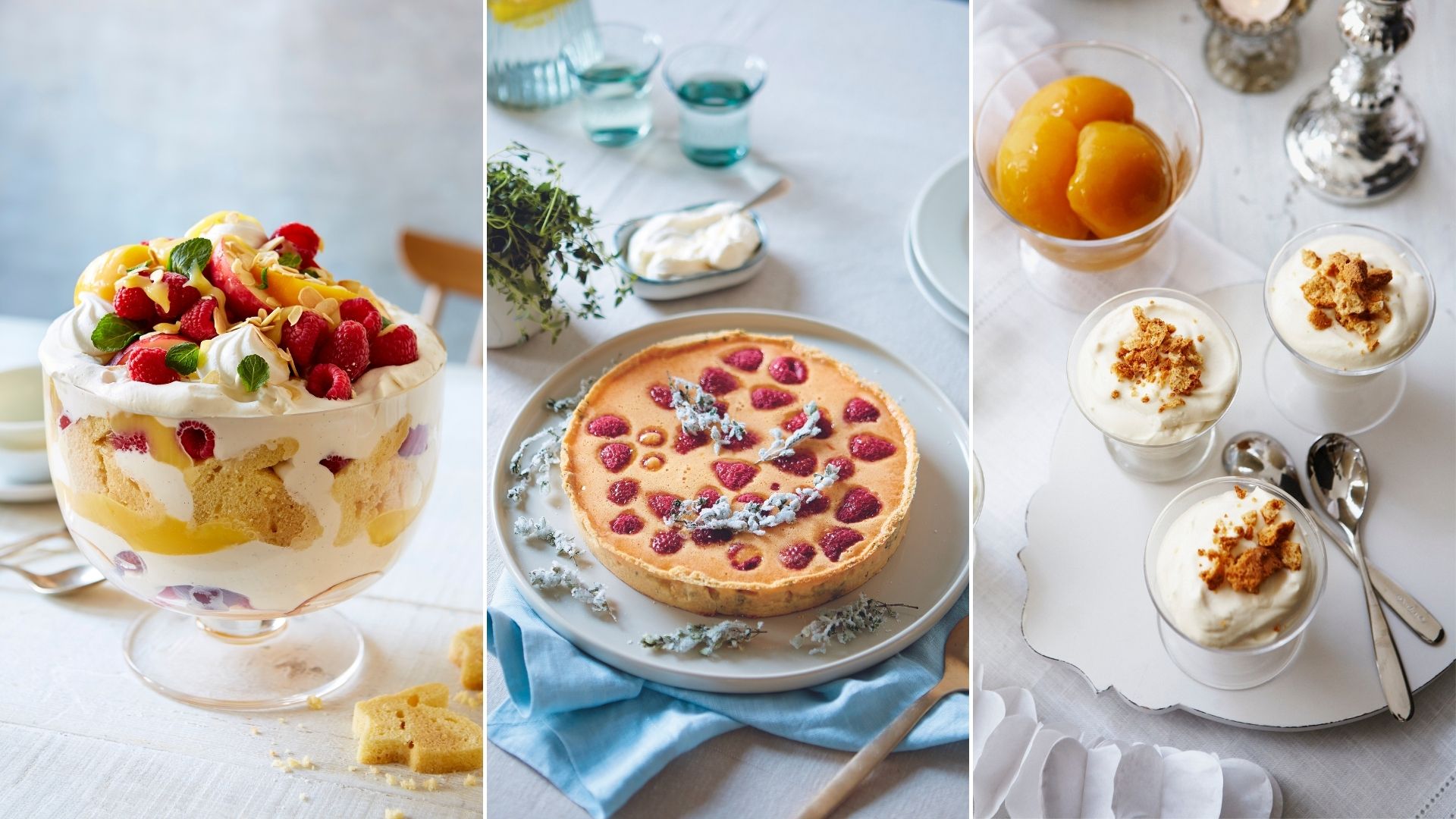
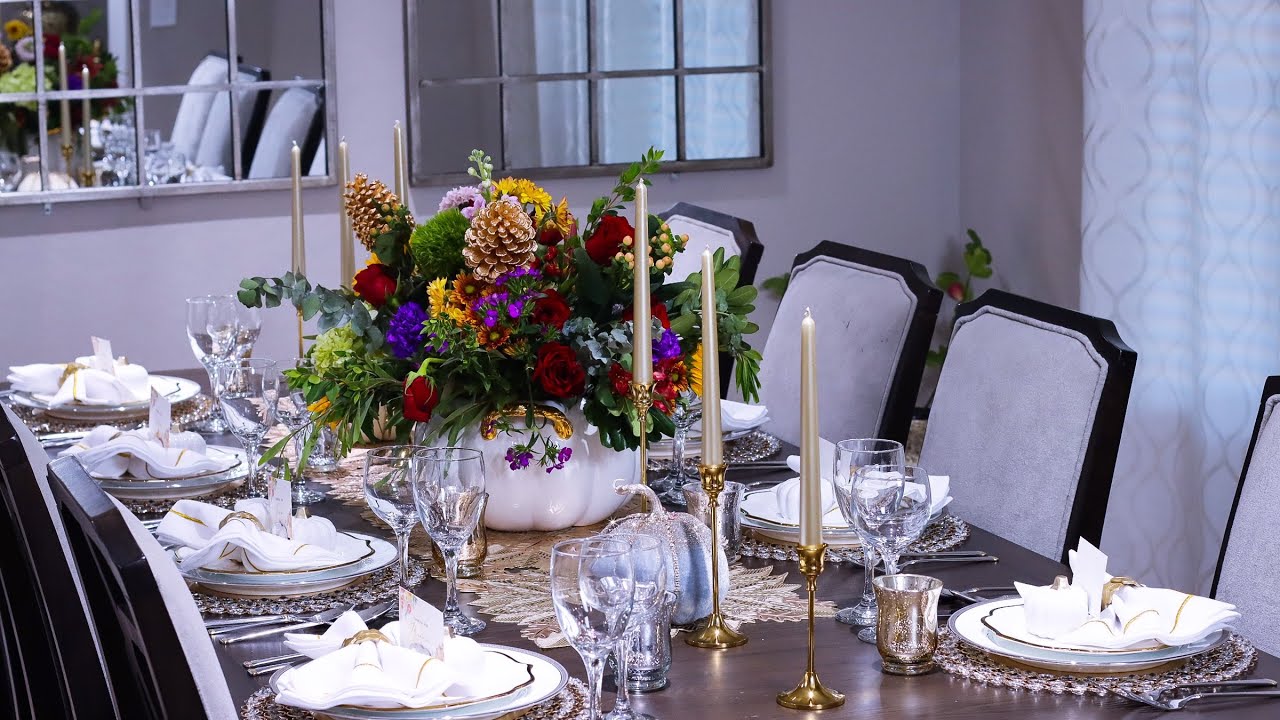

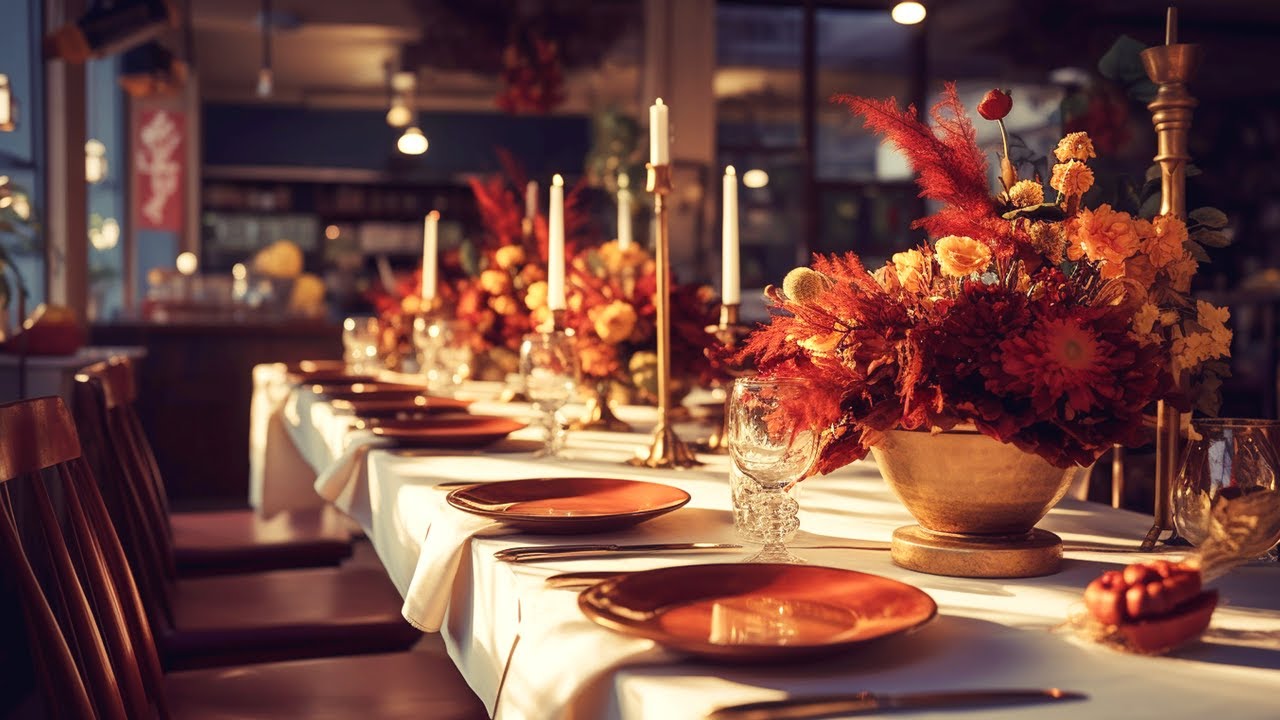
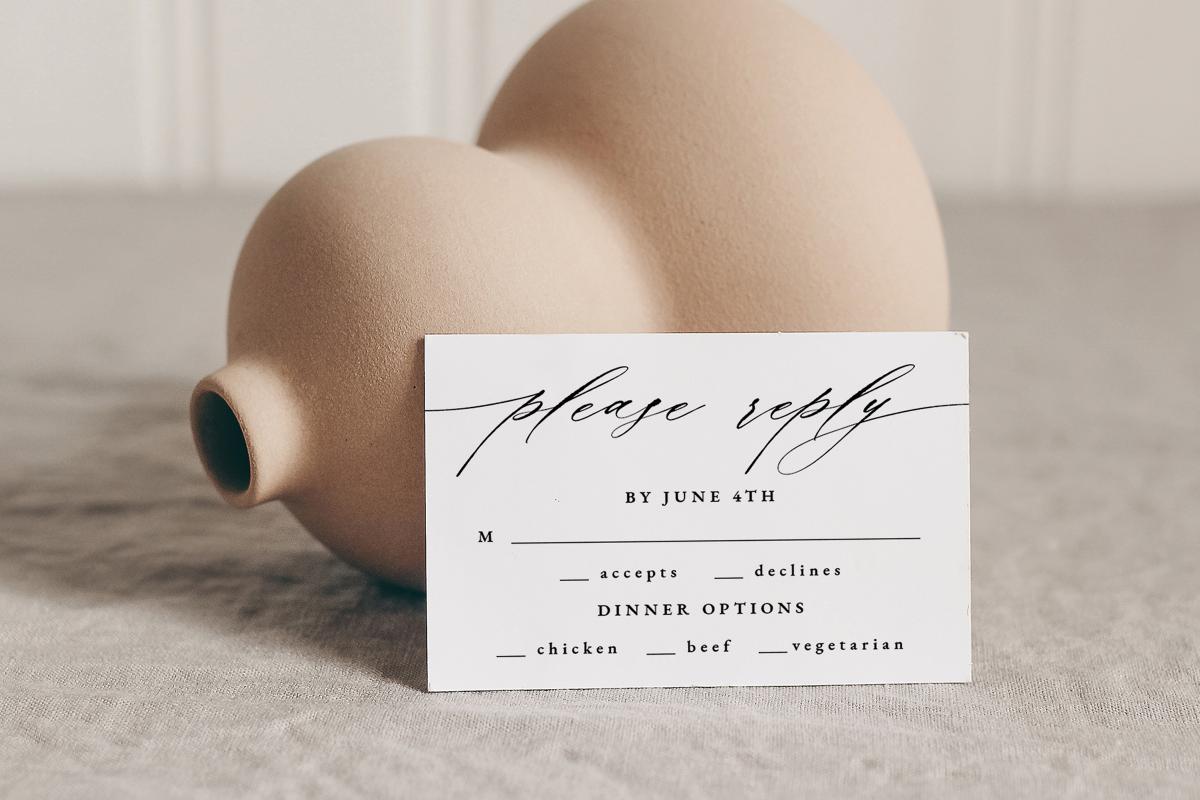
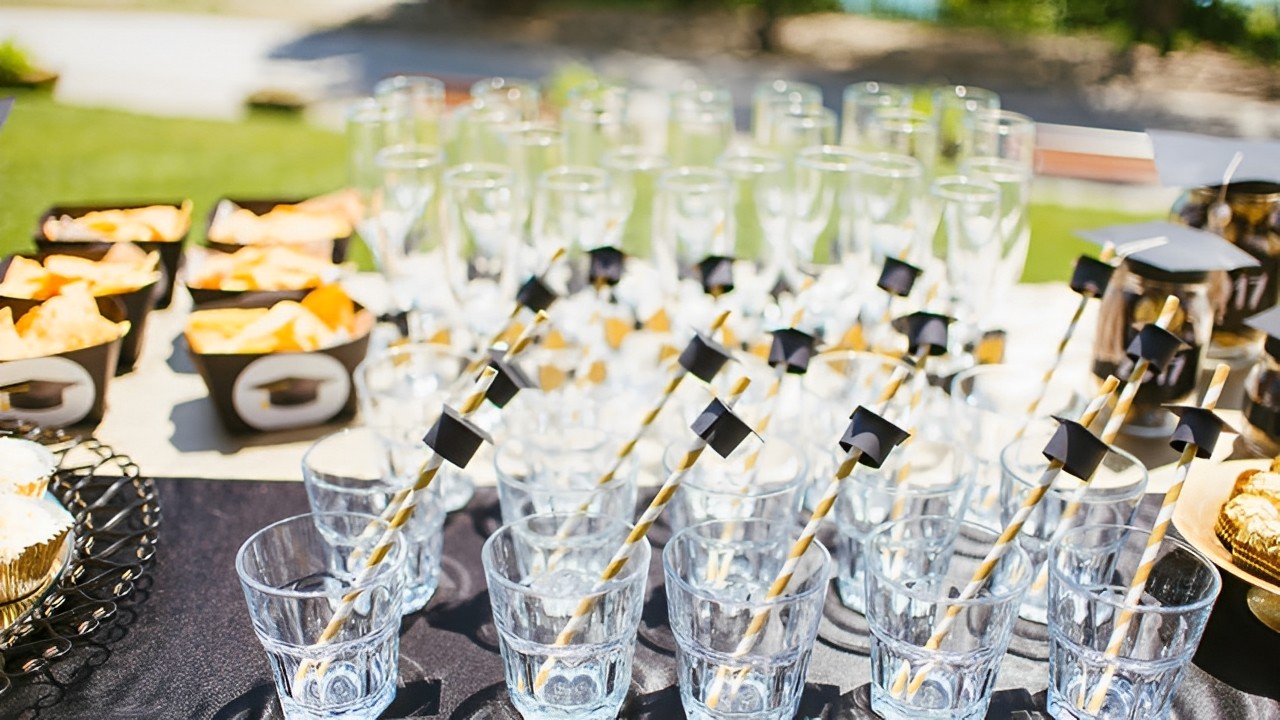
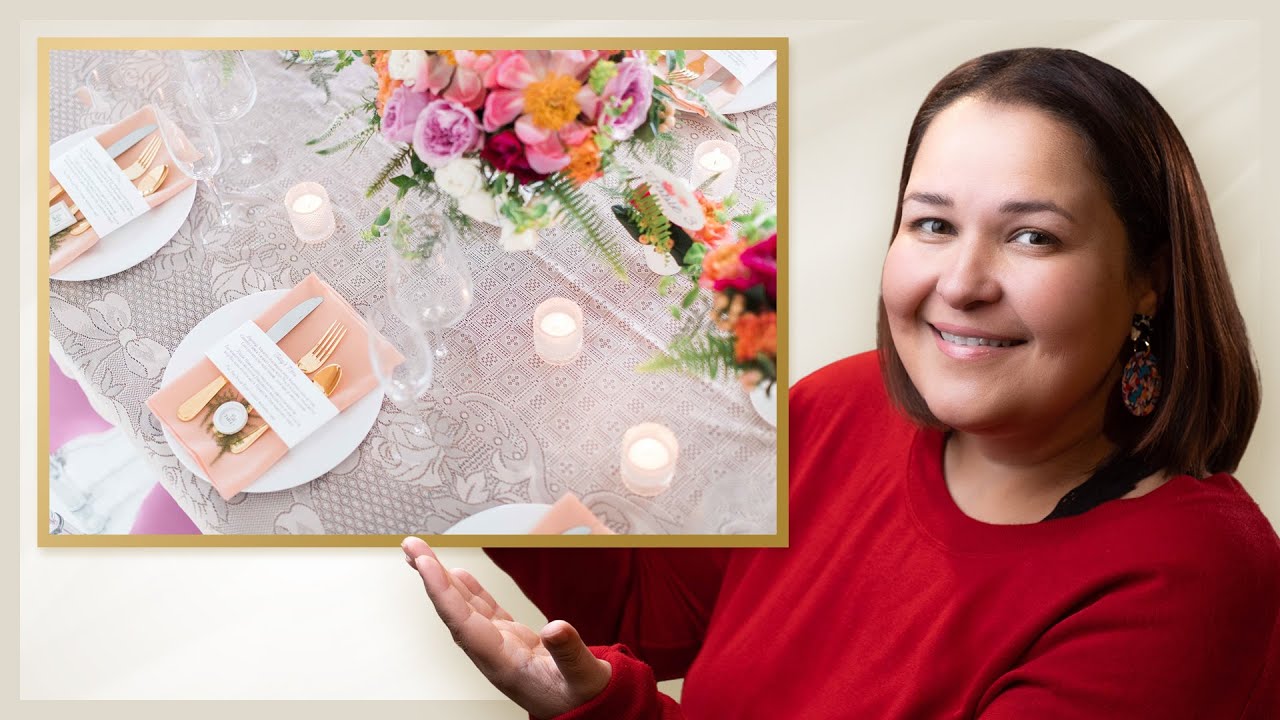

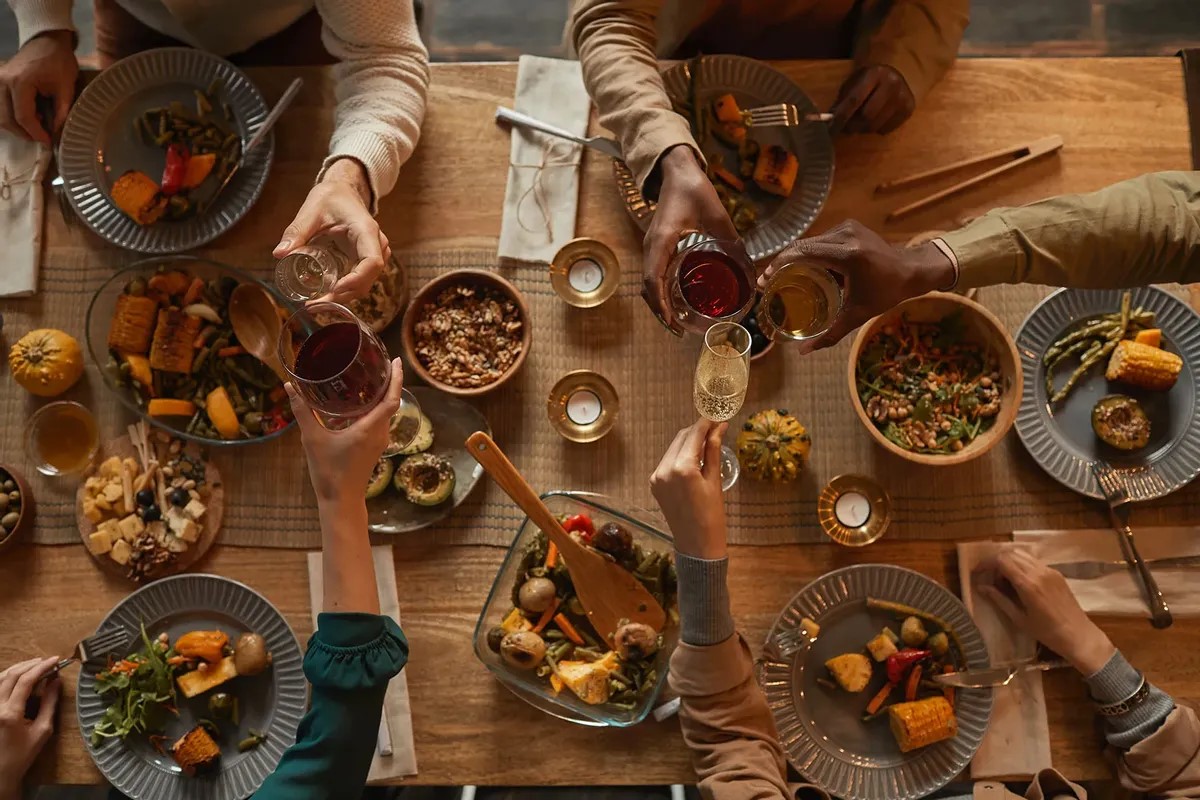
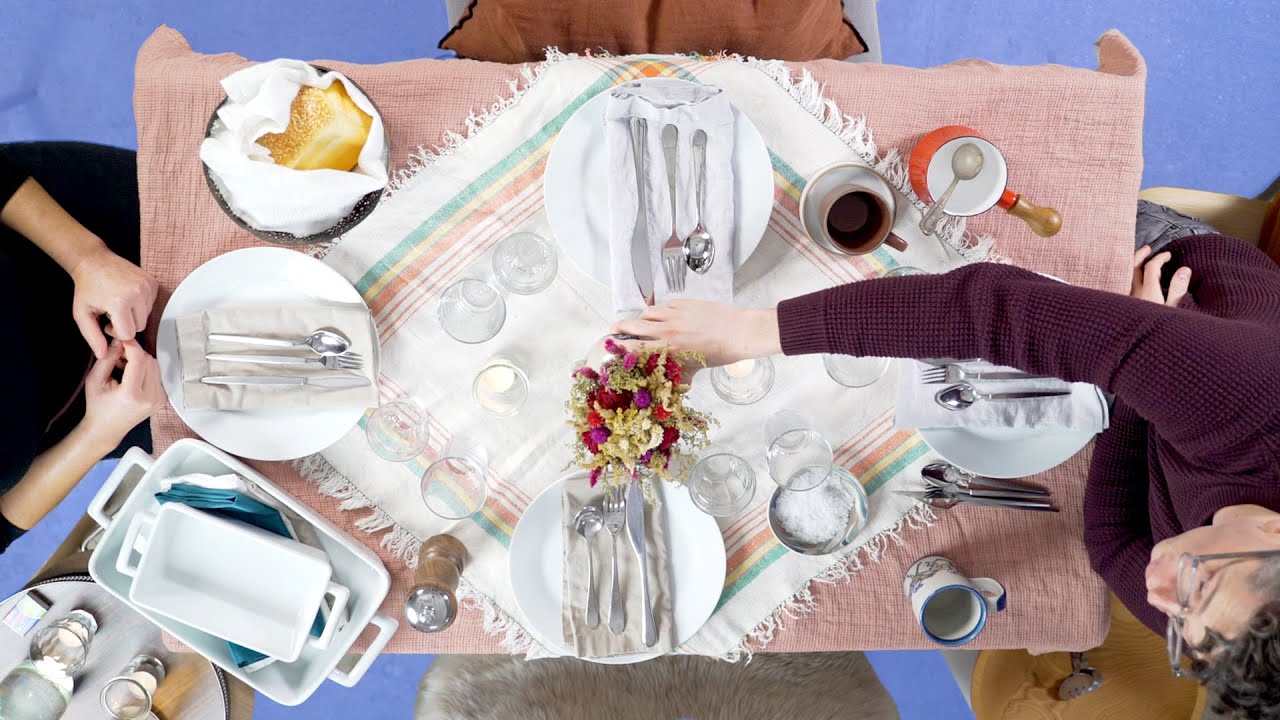
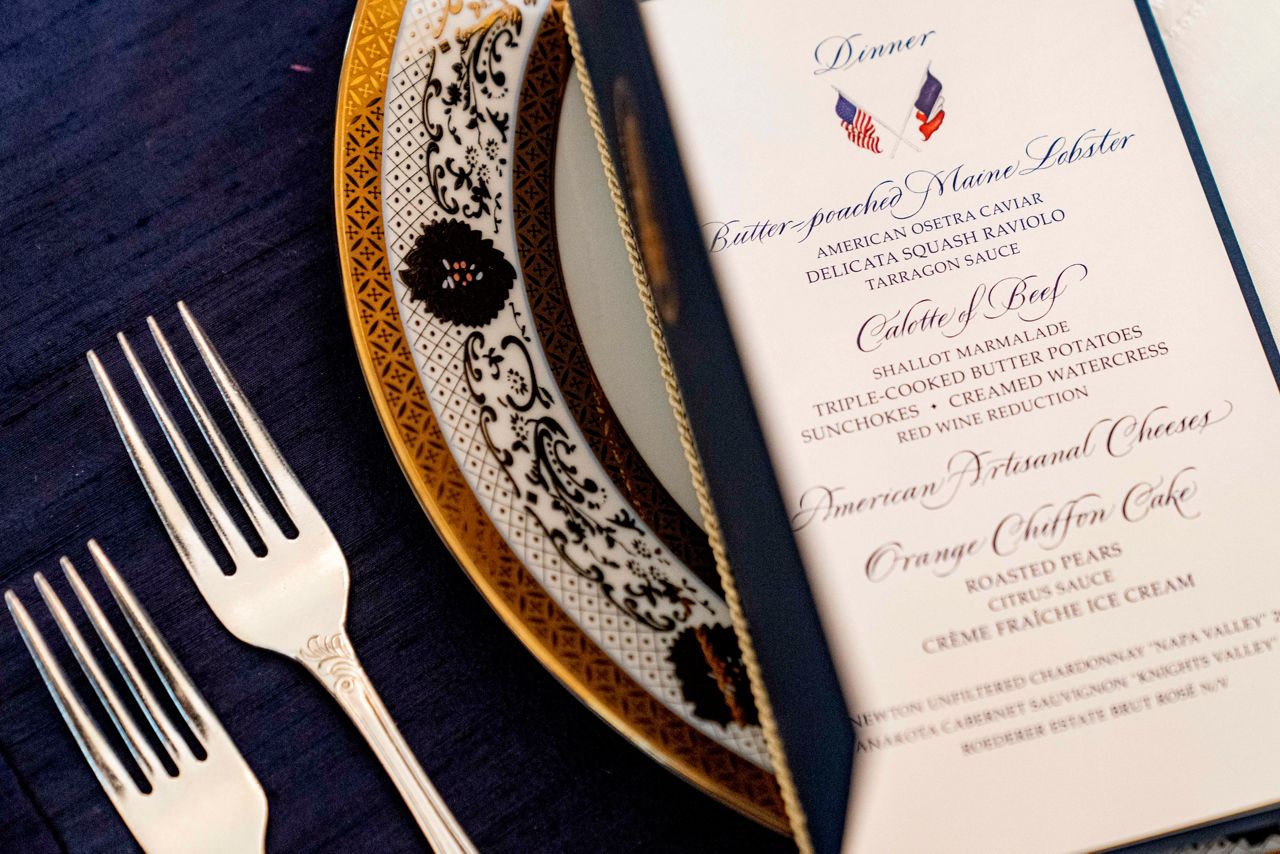

0 thoughts on “What To Bring To A French Dinner Invitation”